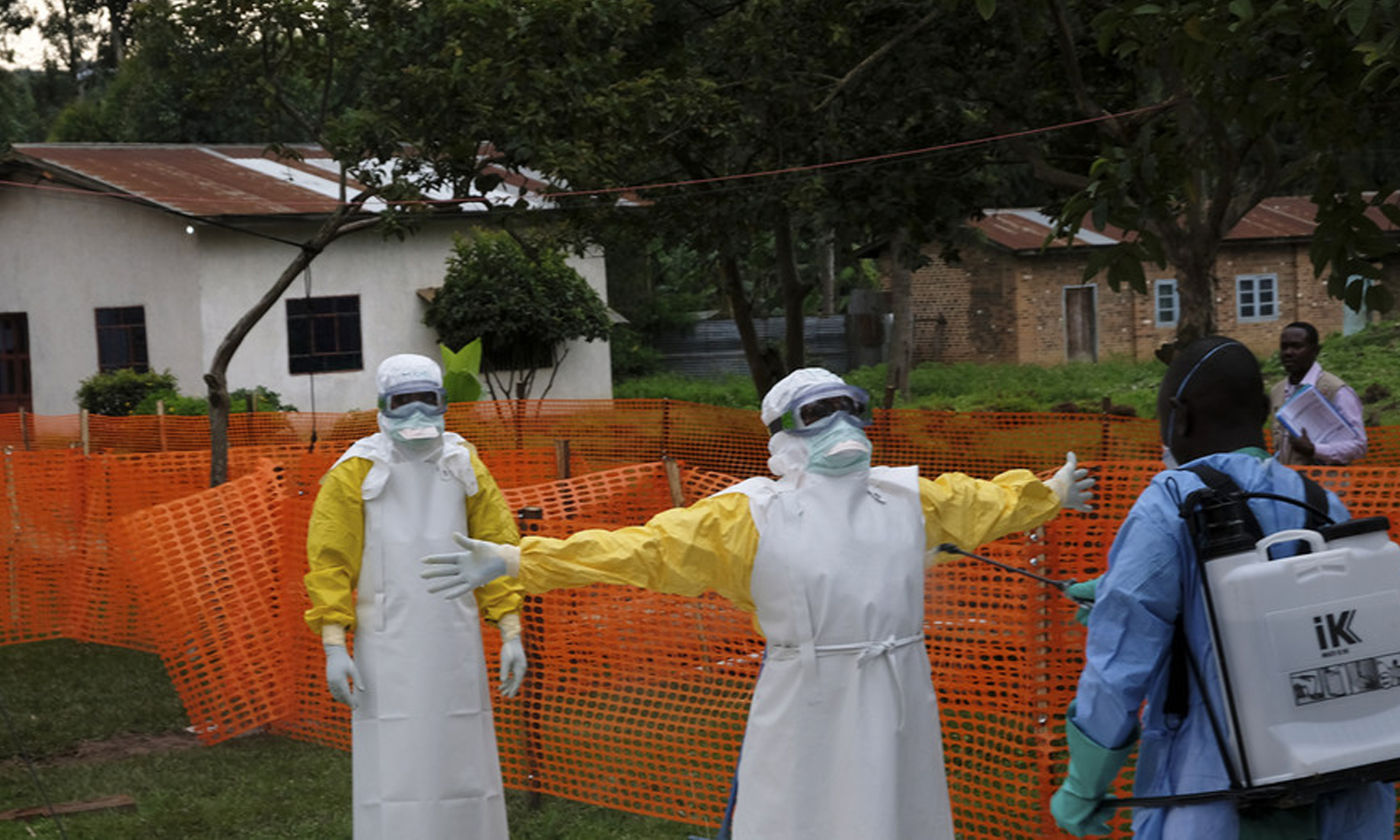LAGOS, June 21 (NNN-Xinhua) — Nigeria’s government assured the country on Thursday that elaborate measures have been put in place to help deal with an outbreak of Ebola hemorrhagic fever, a rare and deadly disease.
“Nigerians should be rest assured that Port Health and Ministry of Health are on top of the situation and we are hopeful that with what we have put in place that there will never be another Ebola outbreak in our country,” Henrietta Yakubu, spokesperson for the Federal Airports Authority of Nigeria (FAAN), said in Lagos, Nigeria’s economic hub.
The assurance came following a fresh outbreak of the disease in Uganda.
She said the country’s health authorities were always on high alert to prevent the disease from coming into Nigeria via the airports, noting that the aviation body has never relaxed in the screening of passengers coming into the country.
“All the measures we put in place after the 2014 incident when an American Liberian, Patrick Sawyer, brought the virus into Nigeria through the Lagos Airport are still there,” she added.
“If you go to any of our arrival halls, you will find the thermal screening machine and every passenger that comes in must pass through the equipment before approaching the immigration desk,” she said.
The machine screens the passengers to detect high temperature and also capture their images, the FAAN spokesperson added, noting that those with high temperature are pulled aside by Port Health officers for explanation and further observations.
In May 2018, Nigeria’s Federal Executive Council (FEC) directed the health ministry to step up surveillance activities against Ebola in the country.
According to the former health minister, Isaac Adewole, part of the new measures to be taken would include screening of passengers coming into the country.
He also disclosed that the Nigeria Center for Disease Control (NCDC) will also consider sending teams to the Democratic Republic of the Congo (DRC) as part of building capacity for managing the outbreak.
He reassured Nigerians that the federal government was concerned about the outbreak and would continue to do everything possible to keep the country safe from the outbreak.
During an Ebola outbreak in Nigeria in 2014, eight people were killed after a Liberian-American, Patrick Sawyer, flew into the country from Liberia to Lagos where the infection spread. The World Health Organization (WHO) declared the country Ebola-free after three months of the outbreak.
The virus is transmitted by direct contact with the blood, secretions, other bodily fluids or organs of infected persons or animals such as chimpanzees, gorillas, monkeys, and antelopes, and it has an incubation period of two to 21 days.
Sufferers can experience fever, intense weakness, muscle pain, headaches, and a sore throat, as well as vomiting, diarrhea, rashes and impaired kidney and liver function. In the most severe cases, the virus leads to both external and internal bleeding.
NNN-XINHUA






